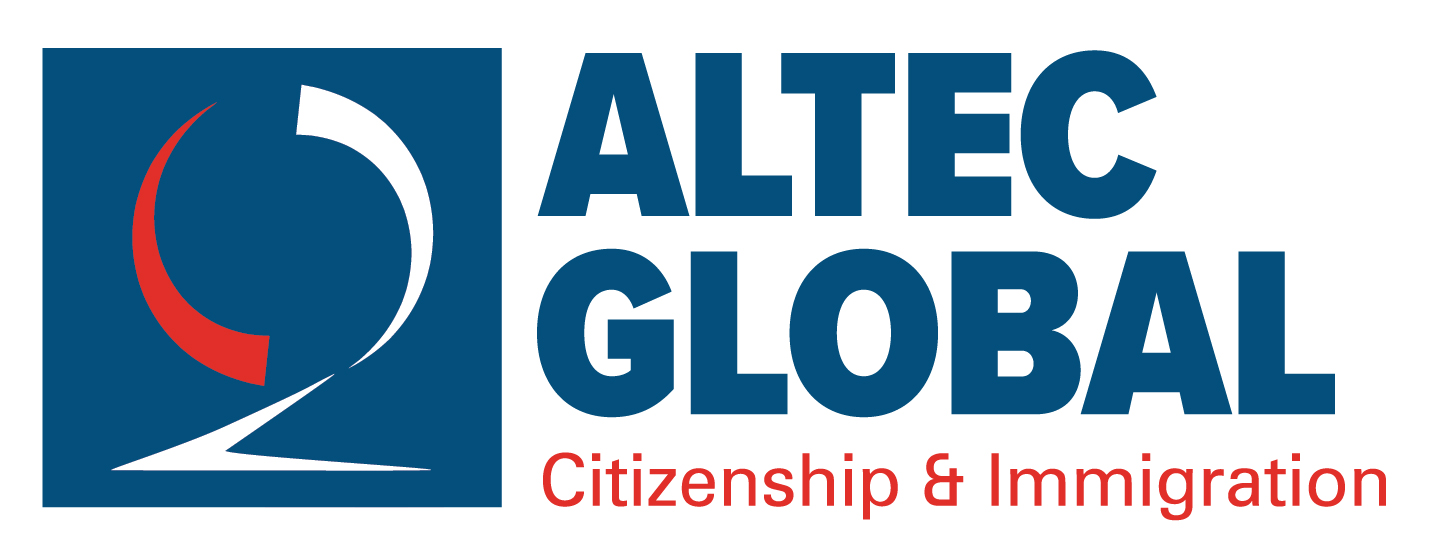September 19, 2024, Canada’s Immigration Minister, Marc Miller, and Labour Minister, Randy Boissonnault, unveiled significant reforms to the country’s study permit and post-graduation work permit (PGWP) programs. These policy shifts are part of the government’s ongoing efforts to manage the number of temporary residents in Canada. This move is expected to profoundly impact future study and immigration plans for international students and foreign workers.
Key Highlights of the New Immigration Policy
The primary goal of the new reforms is to reduce the proportion of temporary residents in Canada’s population from 6.5% to 5%, as outlined in the upcoming 2025-2027 Immigration Levels Plan, set to be released on November 1, 2024. Here are the key policy changes:
PGWP Eligibility Tied to Occupations in Shortage: Graduates from public colleges who complete programs related to occupations experiencing long-term shortages will continue to be eligible for a PGWP of up to three years.
New Language Requirements for PGWP Applicants: Beginning November 1, 2024, all PGWP applicants must meet a minimum language proficiency in either French or English. The required Canadian Language Benchmark (CLB) will be Level 7 for university graduates and CLB Level 5 for college graduates.
Cap on Study Permits for Master’s and PhD Students: The number of study permits for the 2025-2026 academic year will be limited, with about 12% of the total permit quota reserved for master’s and PhD students. These students must now provide a provincial certification letter for their application.
Stricter Spousal Work Permit Policies: Changes will be made to the spousal open work permit policy later this year. Only the spouses of master’s students enrolled in programs longer than 16 months will be eligible for spousal open work permits. For foreign workers, the new policy restricts eligibility to the spouses of those holding managerial or professional positions or working in shortage occupations.
Reinforcing the Integrity and Fairness of Canada’s Immigration System
In addition to the changes impacting international students and foreign workers, the reforms also address growing concerns about the integrity of Canada’s asylum system. With the rise in asylum applications, the number of temporary residents has surged. To manage this, the government has taken several actions to ensure fairness in the system, including:
Partial Visa Requirements for Mexican Nationals: These measures aim to maintain a balance between humanitarian obligations and the need for integrity in the system.
Streamlined Processing with Enhanced Security: Application processing will become more efficient, with additional tools to help immigration officers identify fraud and reduce the number of ineligible visitors.
Reevaluating Visa Decision Processes: The Canadian government will explore further measures to strengthen visa integrity and reduce potential abuse of the system.
Looking Forward: What These Changes Mean for Aspiring Immigrants
As Canada tightens its policies for temporary residents, immigration pathways are becoming more challenging. Early planning and careful selection of study or work pathways are now more critical than ever. However, opportunities remain for those in high-demand occupations. Individuals pursuing careers in shortage fields, such as nursing and caregiving, are likely to find smoother immigration processes, given the continued support for these professions. These fields offer low entry barriers, affordable options, and broad applicability across various sectors in Canada.
One of the most accessible pathways to Permanent Residency (PR) is through the Caregiver Immigration Program. Caregivers are in high demand across Canada, and the government has recognized their essential role in supporting families and healthcare systems. The Home Child Care Provider Pilot and Home Support Worker Pilot allow caregivers to apply for PR after gaining just 24 months of relevant work experience.
The benefits of caregiver immigration are substantial:
Low application threshold: Almost anyone with the willingness to work in caregiving roles can apply.
Short processing times: Applications are processed more quickly than many other PR pathways.
Direct PR access: In some cases, caregivers can apply for permanent residency without needing an additional work permit.
Job availability: Caregiving roles are widely available and often come with competitive salaries.
Given the lower barriers to entry, this pathway is particularly appealing for international students whose PGWPs are set to expire but are open to shifting their career focus.
If you’re navigating the complexities of Canada’s immigration system or facing challenges with your study permit or work permit, don’t hesitate to reach out to explore new opportunities. Aligning your education or career path with policy trends could significantly enhance your chances of a successful immigration journey.
At Altec Global, we are dedicated to helping individuals achieve their Canadian immigration dreams, no matter how challenging the circumstances may seem. If you need immigration assistance, we encourage you to contact our team for a personalized assessment.


Recent Comments